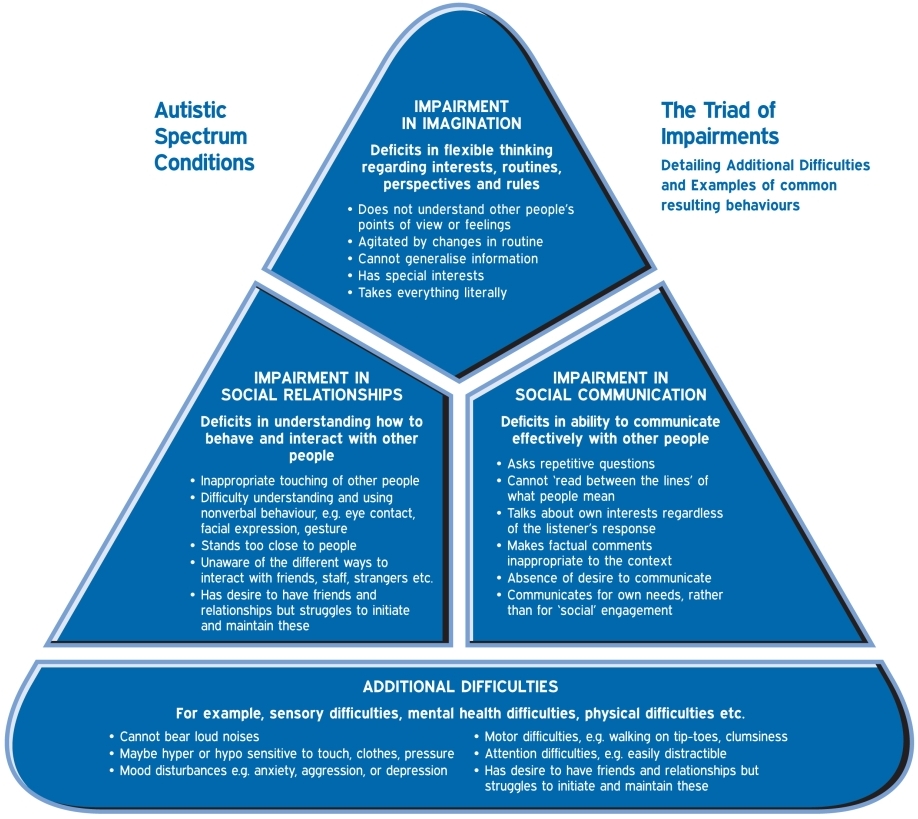
I was discussing the issue of food, diet and the neurodiverse yesterday evening and I had to consider if and whether my own dietary choices were affected by autism, and, if so, whether this is still a case.
I cannot speak as a parent, for I am not one. I am speaking in relation to children I’ve been around and from my own memories and things I have been told about my formative and early years. I’ve also not been helped by the fact that my mother’s ability to cook and her idea of a varied diet are almost non existent.
However, as a toddler, I am told that I would only ever eat one type of food, either tinned spaghetti or spaghetti hoops; occasionally, I would have sausages as well. As a small child, my mother and I lived with my grandparents and my grandmother actually had the ability to cook and bake.
Thus, from an early age, I was encouraged into the kitchen, encouraged to mix things by hand, often doing the thing I dislike of getting my hands sticky or dirty (and spending more time washing them, then getting them dirty or sticky; which is still the case!) My grandmother encouraged me to explore tastes, colours which weren’t orange and textures which weren’t slimy.
I clearly recall to this day, the smells, the light and senses in that kitchen above any other. I remember being allowed to lick the spoons, or bowls after something had been prepared and was in the oven. I remember, being keen to be involved in the cooking process from this early age and whilst growing. Somewhere along this journey, developed a love for food, for eating and preparing food.
My mother’s attempts at ‘cooking’ should have been enough to put me off; she never quite got the hang of it and meal variation was based upon ‘I feel like ____ item’ and then it being the sole option for at least 6 months. People assume that I exaggerate (including her, who will swear blind that we all had Cordon Bleu standards of find dining every night) and I wish that I were. So, at times, I had a bad relationship with food, in places. I was always underweight because I was active and had no concept of balance.
Skip forwards a couple of decades, I’ve seen people who with similar passion for food, have taken this to a professional level: something which I never had any desire to do, I once worked for about 9 months as a kitchen porter and seeing the chef’s, the unsociable hours, dreadful working conditions, tendency towards drug and alcohol abuse and general poor lifestyle that was a side effect were dissuading factors even when I was eighteen years old.
I do still, however, get great joy from cooking; especially for others. Alone, I can be given to bouts of ‘can’t be arsed’ and grabbing something convenient. However, when I have company or my fiancée is here, I enjoy planning menus, preparing and cooking. I also get pleasure from the fact that others enjoy my efforts.
I do, frequently cook some favoured dishes, I gave up eating pork about 5 years ago, when living in Switzerland because I made friends with some local pigs in the village I lived in. Similarly I made friends with the veal calfs and quit veal; although I only recall having eaten it a dozen or so times. More recently, I had the wonderful experience of feeding lambs and goats and kids. Consequently, I’m grateful that cows, fish and chickens aren’t that friendly.
In respect of how my autism affects my diet as an adult, I feel that I do try to have a balanced and varied diet. I do, however, tend to eat all of one thing before I start on another, which some people find strange. It’s not to say that I don’t appreciate how one thing compliments another, but it’s just the way that I’m wired. How to try to reduce me doing that? Stews, casseroles and such; everything mixed together and I probably won’t try to separate them. Probably, but I’m not sure how much is conscious anyway, such is neurodiverse behaviour.
Our tastes do develop and I was discussing with another person how her autistic child favours beige food. My own tastes continue to enhance, I now like things which were abhorrent a year or so ago. I think that a love and passion for food and dining is a positive way around limitations.
Now, sports nutrition: I have certain specific meals before a race or event. The evening before tends to feature pasta (although I don’t tend to carb load for a XC race which is 90 minutes in duration) and fish, usually salmon and my favoured method is in quiche, which something like spinach. Plus, salad. On race day, it’s not alway possible to eat a healthily as I would like, race times and facilities dictate to an extent. I try get in lean protein, a chicken breast or something and always eat a couple of hours before start times. In terms of during an event, I am moving away from using energy gels of late. They create litter or require that you put a sticky packet back in a jersey pocket, which in turn becomes a coagulated mess and it’s just unpleasant to deal with afterwards.
With these facts in mind, I have been trialling energy chews; currently using the Clif Energy Blox as I can throw a handful into a jersey pocket loose and grab one or two as required. They also have a texture rather like wine gums, which is preferable to gels, in my opinion. I also use Torque Fitness energy drink in a bottle, which mixes well and works well with my hydration and digestion**. How much or how little of each depends. Although less on a standard ride than on race day. Post race, I tend to just a USN Lean Whey Protein shake **.
** I am not paid by these companies, nor do I receive any sponsorship or free products


 I don’t often have catastrophic level meltdown, in which things get thrown and damaged. I blame slam doors and such, but the only real damage is to myself. Meltdowns are hell, but we, as autistic people don’t have control over them, or our behaviour during these moments.
I don’t often have catastrophic level meltdown, in which things get thrown and damaged. I blame slam doors and such, but the only real damage is to myself. Meltdowns are hell, but we, as autistic people don’t have control over them, or our behaviour during these moments.